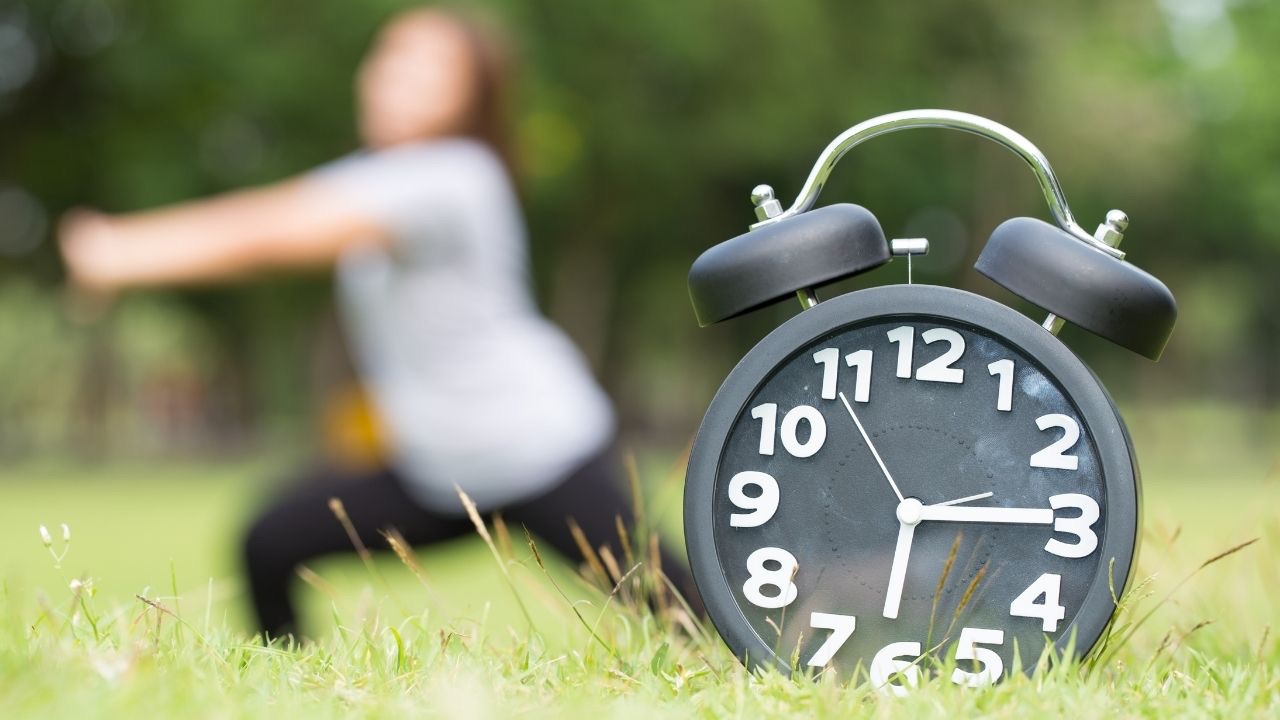Train with Your Body’s Rhythm, Not Against It: How Circadian Timing Shapes Performance

Movement is powerful—but when you move matters just as much as how. Your body has a natural rhythm, and honoring it is key to supporting hormone balance, energy, and recovery.
Early-morning or late-night workouts might work for some, but for others they can spike cortisol and suppress progesterone, potentially leading to:
-
Poor recovery and lingering fatigue
-
Mood fluctuations or anxiety
-
Disrupted cycles and sleep challenges
Here’s what might support your system more effectively:
- Move during daylight hours when cortisol naturally rises
-
Opt for lighter activity (like walking or Pilates) in the evening
-
Prioritize recovery with quality sleep, nourishing food, and nervous system support
But ultimately, the best training schedule is the one that aligns with your body’s cues. Strong, resilient bodies are built by tuning in—not pushing through. Listen closely. Your rhythm knows the way.
I want to hear from you!
- Was this post useful? Have you been dealing with any menstrual and/or reproductive issues? Tell me below what you’re dealing with and how you are fixing it. [email protected]
- Please share this post on social media or with any one who might need this information. Join me on Instagram for all the latest info on periods, hormones, and women's health.
- Want to be the first to know when I release a new blog post? Sign up below!
Medical Disclaimer
Information in this post and on this web site is provided for informational purposes only. The information is a result of practice experience and research by the author. This information is not intended as a substitute for the advice provided by your physician or other healthcare professional or any information contained on or in any product label or packaging. Do not use the information on this web site for diagnosing or treating a health problem or disease, or prescribing medication or other treatment. Information and statements regarding dietary supplements have not been evaluated by the Food and Drug Administration and are not intended to diagnose, treat, cure, or prevent any disease. Always speak with your physician or other healthcare professional before taking any medication or nutritional, herbal or homeopathic supplement, or using any treatment for a health problem.
